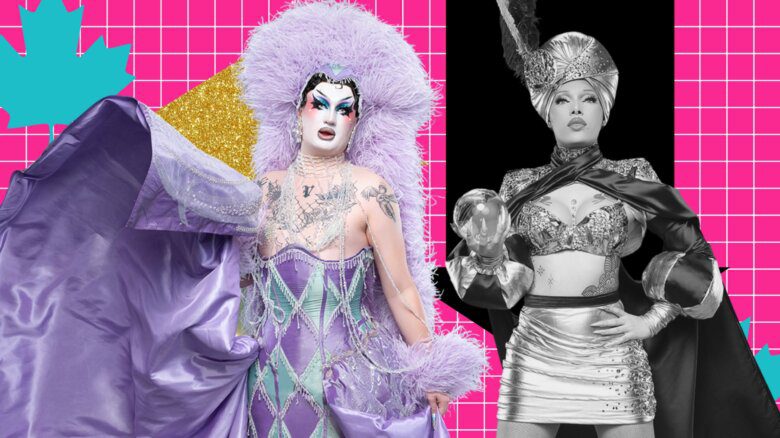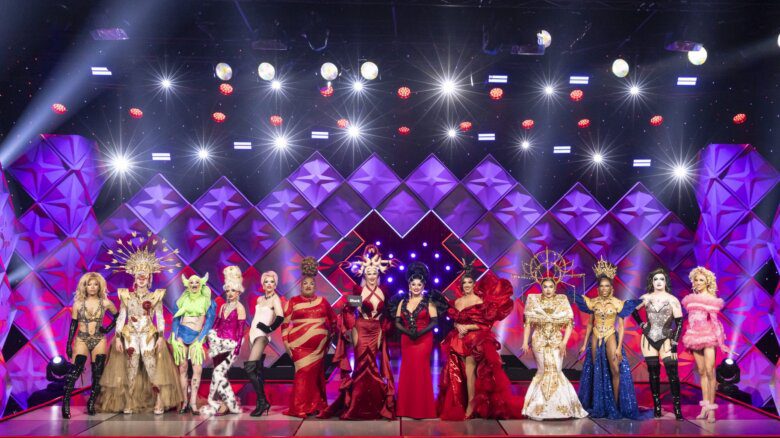For the first time this year, electronic dance music (EDM) has its own stage at Bluesfest — an addition that will have many of Ottawa’s gays cheering.
Especially when they find out a major pioneer of the EDM movement, Paul Oakenfold, is going to be headlining on July 5. During the festival, more than 30 other EDM acts will grace the electro stage, including Ottawa’s own Aryian, BZRK, DJ Illo, Drastik, Kid SL, Mister Parker and A Tribe Called Red.
“I’m looking forward to it — it’s going to be very interesting,” Oakenfold says. “It’s good that the promoters are forward-thinking. This is something that’s been in Europe for more than 20 years, and they should take the step, the leap of faith, and [feature EDM].”
Bluesfest started introducing EDM in 2009, when Girl Talk (aka Gregg Gillis) was invited to perform at that year’s festival. The over-the-top response to his show demonstrated how much pull the genre had for their audiences.
Soon after, Mark Monahan, executive director of Bluesfest, approached three local high schools — Canterbury, St Paul’s and Glebe Collegiate — to discuss the music and performance trends that would appeal to the youth market. Students unanimously agreed that EDM was the next big thing.
While EDM as a form of music has been around since the 1980s and loved by gays the world over since its post-disco beginnings, it has only recently started to be recognized in the mainstream as a valid musical genre in its own right.
One thing Oakenfold says is missing in this gradual mainstreaming of EDM is an acknowledgement that it was gay fans and gay circuit parties that made the genre possible in the first place.
“I’ve been involved, off and on, in the gay scene for many years. I’ve done gay pride in London, in Australia,” he says. “Back in the day, I used to go to a lot of gay clubs because that’s where you used to hear the music. It was really exciting, actually, because everyone used to dress up. It was a cross-section of crossdressers, transvestites, lesbians, gays — everything. These kinds of clubs were very pivotal in forming electronic music. I don’t really think they’ve gotten the recognition they should have.”
As part of his set in Ottawa, Oakenfold will be giving a sneak peek of his much-anticipated new album.
“I’ll be playing some new tracks from my album, Pop Killer, which comes out next year — a track I’ve done that’s called ‘Touched by You’ and a new track called ‘Please Me.’ Look out for those tunes. I’ll [also] be playing some new mashup remixes that I’ve done that are familiar tracks that some people will know. It’ll be a cross, really, between education and people enjoying new music. Playing music that people have never heard and turning them on to anything other than what you’re hearing on the radio. Come and let your hair down and dance all day.”
The Deets:
Bluesfest
Electro Dance Stage
Thurs, July 4–Sun, July 15, various showtimes
Paul Oakenfold: Fri, July 5, 9:30pm
ottawabluesfest.ca
 Why you can trust Xtra
Why you can trust Xtra


